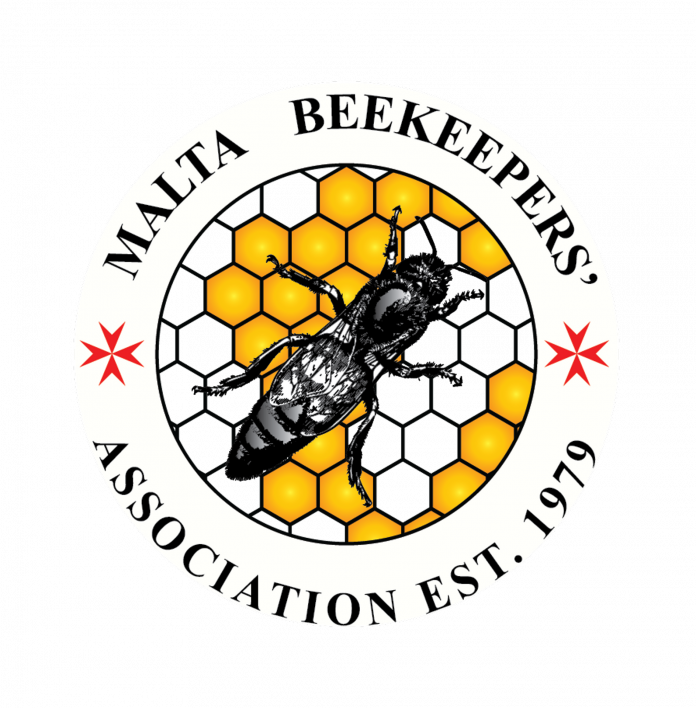In a statement the Malta Beekeepers’ Association (MBKA) said it condemns without prejudice any damage done to bees, and therefore hopes that those responsible will be found and brought to justice.
Honey bees are protected by the regulations on the protection of Flora, Fauna and Habitats administered by the
Environment and Resources Authority. Moreover, the situation must be clarified as the published reports are somewhat bombastic. When counting honey bees, the numbers of active bee hives is what matters and therefore in our opinion articles entitled 1.5 million bees have been burned alive are only aimed at attracting attention and nothing more. The incident could have been easily described as the burning of 28 bee hives which, according to the victim, included a colony of honey bees in each hive.
It is very worrying that this case currently being reported everywhere in Malta is not the first case of direct attacks on honey bee colonies and it seems that there is still not enough protection for those who suffer similar damages. Until recently, members of the MBKA suffered several similar damages where the victim individuals, because they do not represent a company, did not find any support and their reports remained silent.
It is worth mentioning that in Malta there are over 4000 registered honey bee colonies and taken care of by beekeepers; with a more accurate number to be published in the near future following this year’s census. On the one hand, this means that honey bees in Malta are not facing any danger of extinction; rather, we have the highest number of colonies per square kilometre in Europe.
In Malta, the limited honey that is being produced is of a very high quality and unique to our islands, which therefore still deserves the title of the honey island as the Greeks ‘Melite’ originally referred to it. On the other hand, the endemic subspecies of the Maltese bee (Apis mellifera ruttneri) is threatened. There are several reasons for this threat; among others the loss of natural habitats, bad agricultural practices including misuse of pesticides, but the main reason comes from genetic mixing
with non-native bees.
The Malta Beekeepers’ Association urges the public not to ignite fires unnecessarily, especially in natural habitats on drought periods as these can be difficult to control. We understand that when fires are extensive, civil protection workers can risk their lives and therefore we urge the public to be very careful when igniting even the smallest of fires and refrain from doing so where this is not permissible. In addition, we encourage civil protection department to invest in alternative fire-fighting systems whereby fire is reached everywhere in the shortest time possible to minimise the damages. Unfortunately, when there is a fire, we also understand that it is difficult to decipher exactly what happened on the scene in the absence of clear evidence since the fire removes almost all evidence. Nonetheless, it is unfair to see comments coming from a business company targeted to
taint the integrity of other local beekeepers. Vandal attacks are always condemned by the Association and we will insist on our plea for beekeepers to be appropriately respected and treated on level playing field with others practicing other agricultural activities when they suffer damage caused by vandalism and storms.










